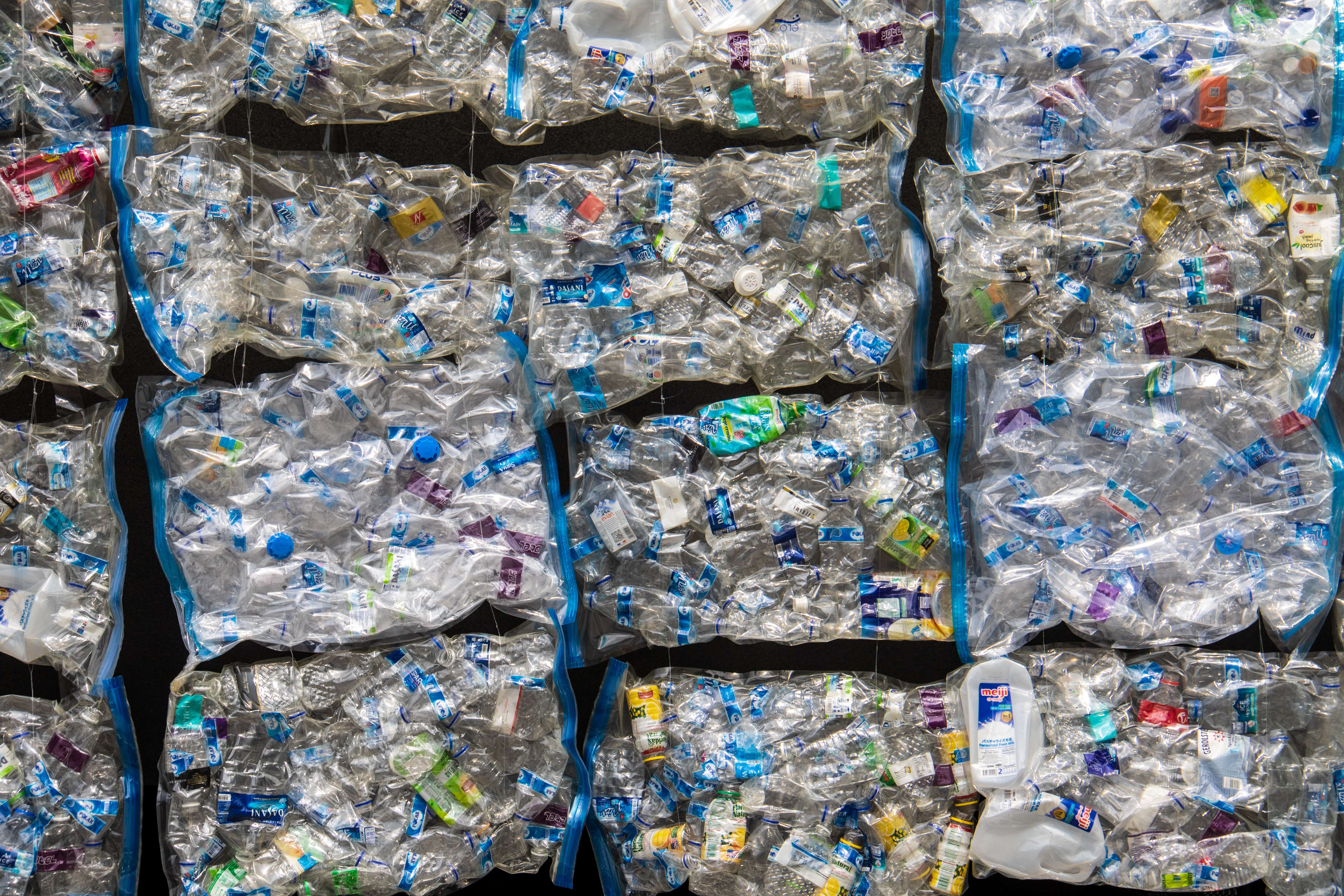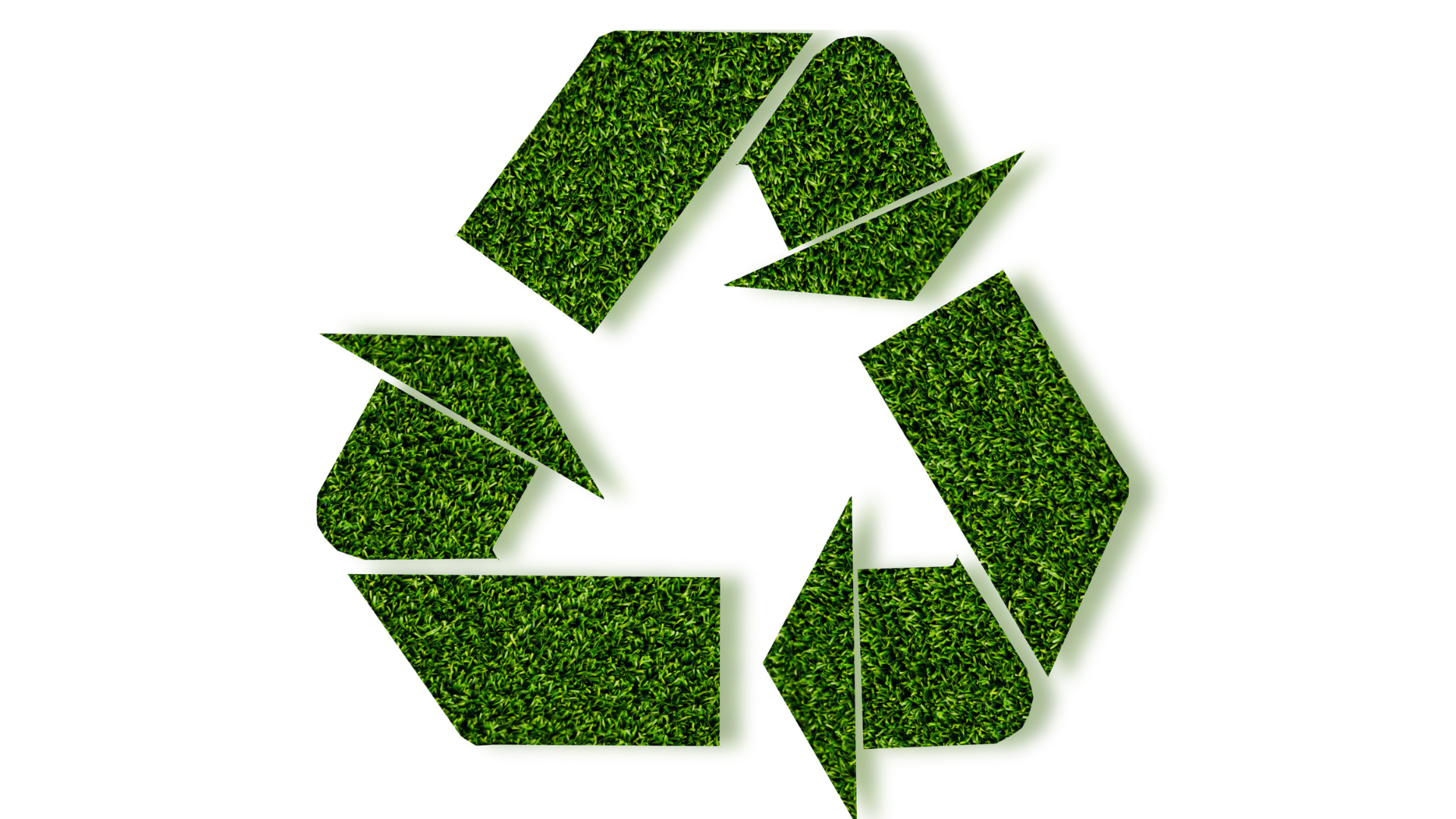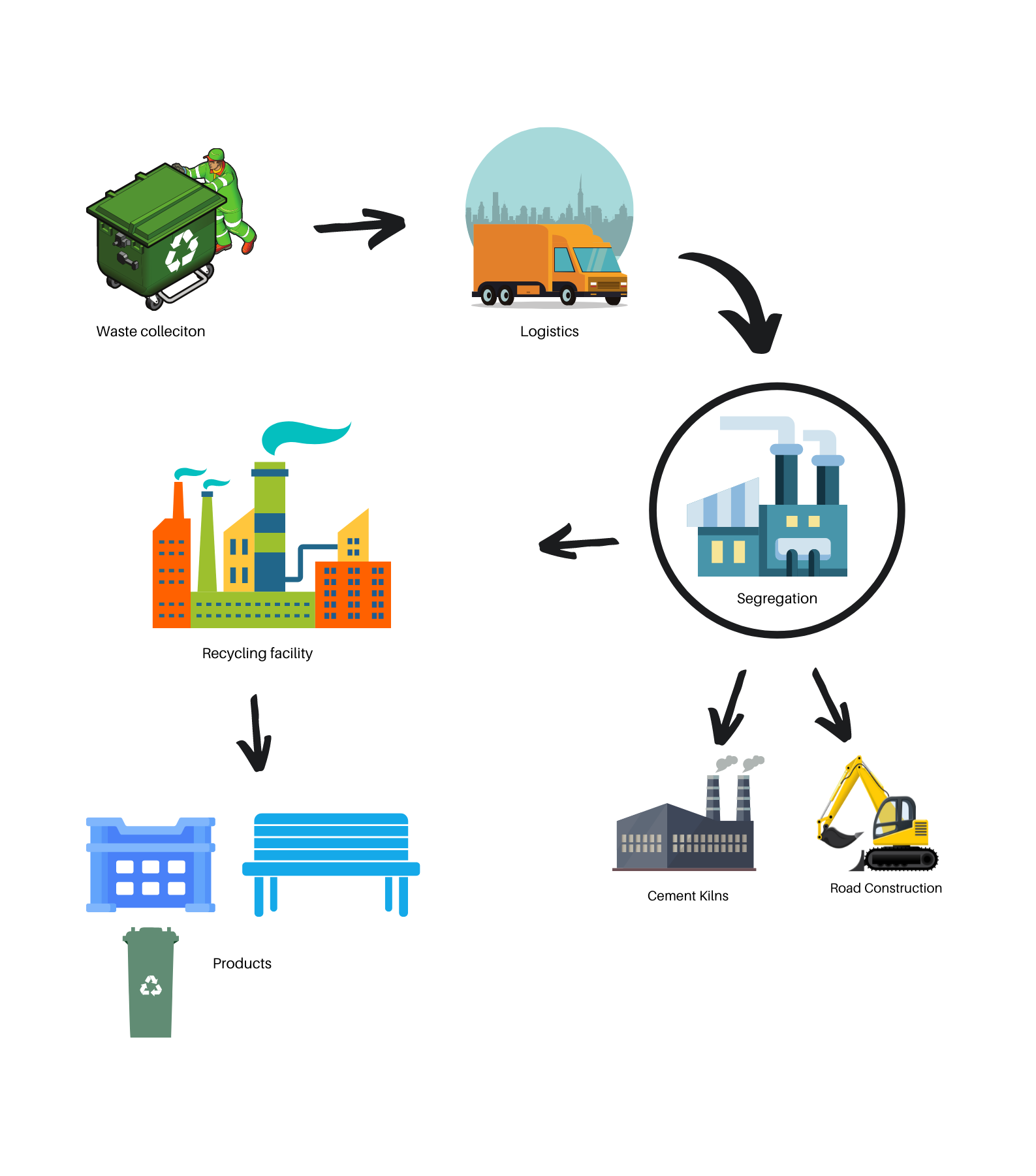Waste management is a crucial issue that affects every individual, society, and country. The generation of waste has been increasing in India due to rapid industrialization, urbanization, and population growth. The management of waste involves reducing, reusing, recycling, and refusing waste.
The 4Rs of waste management are critical to minimize waste generation, conserve resources, and protect the environment. This article discusses the 4Rs of waste management and their significance in waste management in India.
Introduction To Waste Management
Waste management refers to the process of collecting, transporting, processing, and disposing of waste materials. The management of waste is essential to prevent environmental pollution, conserve natural resources, and promote sustainable development. The 4Rs of waste management are the most effective and sustainable approach to managing waste.
Waste management involves the collection, transportation, processing, and disposal of waste materials. Waste is generated from various sources, including households, industries, commercial establishments, and construction sites. The waste management process involves sorting, segregating, and treating waste materials to minimize their environmental impact.
The 4Rs of Waste Management
The 4Rs of waste management are reducing, reusing, recycling, and refusing waste. The 4Rs are the most effective and sustainable approach to manage waste.
Reducing Waste
Reducing waste involves minimizing the generation of waste by using fewer resources and reducing consumption. This can be achieved by adopting eco-friendly practices such as using energy-efficient appliances, reducing packaging, and choosing reusable products.
Reusing Waste
Reusing waste involves using waste materials again for the same or a different purpose. This can be achieved by repairing and refurbishing products, donating or selling unwanted items, and using reusable containers.
Recycling Waste
Recycling waste involves processing waste materials to create new products. Recycling helps conserve natural resources and reduces the amount of waste sent to landfills. Recycling can be done at the household level or through centralized recycling facilities.
Refusing Waste
Refusing waste involves avoiding the use of products that are not essential or have a significant environmental impact. This can be achieved by choosing products with eco-friendly certifications, avoiding single-use plastics, and using renewable energy sources.
Waste Management in India
 India is facing significant challenges in managing its waste. The unmanaged disposal of waste has led to severe environmental pollution and health hazards. The waste management infrastructure in India is inadequate, and only around 30% of waste is treated or recycled. Most of the waste ends up in landfills, which are often unregulated and lead to severe pollution of air, water, and soil. The waste management system in India needs to be improved significantly to address the growing waste crisis.
India is facing significant challenges in managing its waste. The unmanaged disposal of waste has led to severe environmental pollution and health hazards. The waste management infrastructure in India is inadequate, and only around 30% of waste is treated or recycled. Most of the waste ends up in landfills, which are often unregulated and lead to severe pollution of air, water, and soil. The waste management system in India needs to be improved significantly to address the growing waste crisis.
Read More
The Need for Waste Management in India
India is one of the fastest-growing economies in the world, and its population is expected to reach 1.7 billion by 2050. The rapid urbanization and industrialization in India have led to a significant increase in waste generation. India generates around 62 million tons of waste annually, and this is expected to double by 2030. The unmanaged disposal of waste has led to severe environmental pollution and health hazards.
Challenges in Waste Management in India
Waste management in India faces several challenges, including:
- Inadequate waste management infrastructure
- Limited awareness and education on waste management practices
- Inefficient waste collection and transportation systems
- Lack of segregation of waste at the source
- Limited availability of recycling facilities
- Inadequate funding for waste management programs
- Unregulated waste disposal practices
Initiatives and Policies for Waste Management in India
The government of India has implemented several initiatives and policies to improve waste management in the country. Some of these initiatives include:
- Swachh Bharat Abhiyan: The Swachh Bharat Abhiyan, launched in 2014, aims to make India clean and free of open defecation. The campaign has helped increase awareness of waste management practices and promote cleanliness.
- Solid Waste Management Rules, 2016: The Solid Waste Management Rules, 2016, provide a framework for the management of solid waste in India. The rules mandate the segregation of waste at the source and the use of environmentally friendly practices such as composting and recycling.
- Extended Producer Responsibility (EPR): The EPR policy requires producers to be responsible for the environmental impact of their products throughout their lifecycle, including their disposal. This policy aims to encourage producers to design products that are more environmentally friendly and easier to recycle.
– EPR Services - Waste-to-Energy Projects: Waste-to-energy projects involve converting waste into energy through various processes such as incineration and gasification. These projects can help reduce the amount of waste sent to landfills and provide a source of renewable energy.

Conclusion
Waste management is a critical issue in India that requires urgent attention. The 4Rs of waste management – reducing, reusing, recycling, and refusing waste – are essential to minimize waste generation, conserve resources, and protect the environment. The government of India has implemented several initiatives and policies to improve waste management, but more needs to be done to address the challenges facing the sector.



